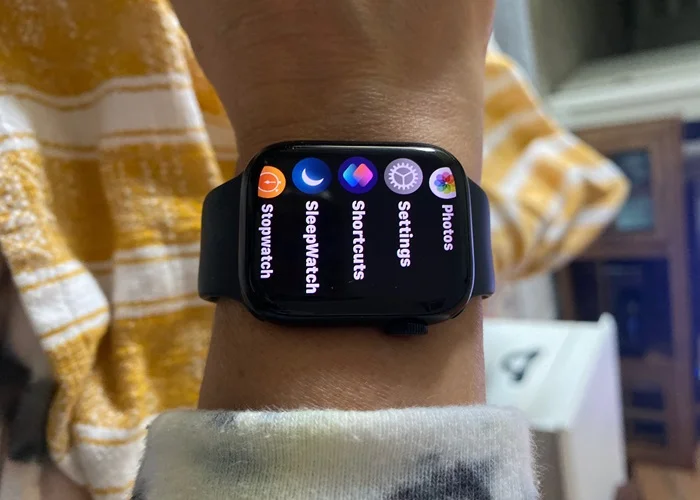Sleep tracking on the Apple Watch offers valuable health insights, including temperature, heart rate, and, on newer models with watchOS 11, even sleep apnea detection. Alongside monitoring, Apple provides a “sleep focus” feature designed to silence notifications on both the Watch and its paired iPhone during designated rest periods. Users can customize which apps and contacts are allowed to interrupt them, including controlling telephony apps.
However, a recurring issue has emerged: some apps appear to bypass these sleep focus restrictions. Notably, Microsoft Teams has been reported to deliver disruptive notifications during sleep hours, even when the sleep focus is active.
Sleep Focus Under Fire: Teams Notifications Breaking the Silence
In a recent case encountered by Mac & i, Teams notifications vibrated the Apple Watch shortly before the scheduled end of the sleep focus. Despite disabling all automatic focus priorities and critical notifications, a message arrived at 6:57 a.m.—an “@channel” alert from a colleague who did not message the recipient directly. The Teams app complicates the matter by lacking fine-grained mute options for these “@channel” mentions on iOS, offering only a blanket mute setting unlike its desktop counterpart.
Even if muting was possible, the notification should not have penetrated the sleep focus at all, as these alerts were not explicitly permitted in the sleep focus settings. This disruption persisted for several consecutive days.
Adding to the confusion, a known bug in Apple’s sleep focus causes notifications to reappear at the originally scheduled wake time if users extend their sleep schedule last-minute, such as on weekends—leading to unexpected wake-ups despite delayed alarms.
An Elusive, Inconsistent Problem
The issue’s inconsistent nature compounds troubleshooting difficulties. The same notifications disturbed one iPhone user but not another with a different configuration. Speculation that Microsoft might be circumventing sleep focus controls remains unconfirmed, though it is known that Teams has bypassed sleep focus before, especially for calls.
This long-standing problem has frustrated users for years and remains largely unaddressed in Microsoft’s official forums.
A Workaround: Teams’ Built-in Quiet Time
To mitigate the disturbance, the Mac & i team activated Teams’ native “Quiet Time” feature, accessible under user settings. This tool allows users to set specific hours—such as 10 p.m. to 7 a.m.—during which Teams suppresses all notifications. Tests showed this method effectively prevented notifications during sleep hours.
Interestingly, after disabling Teams’ Quiet Time to retest, the sleep focus resumed functioning normally, with no notifications breaking through the next morning. The cause of this odd behavior remains unclear.


